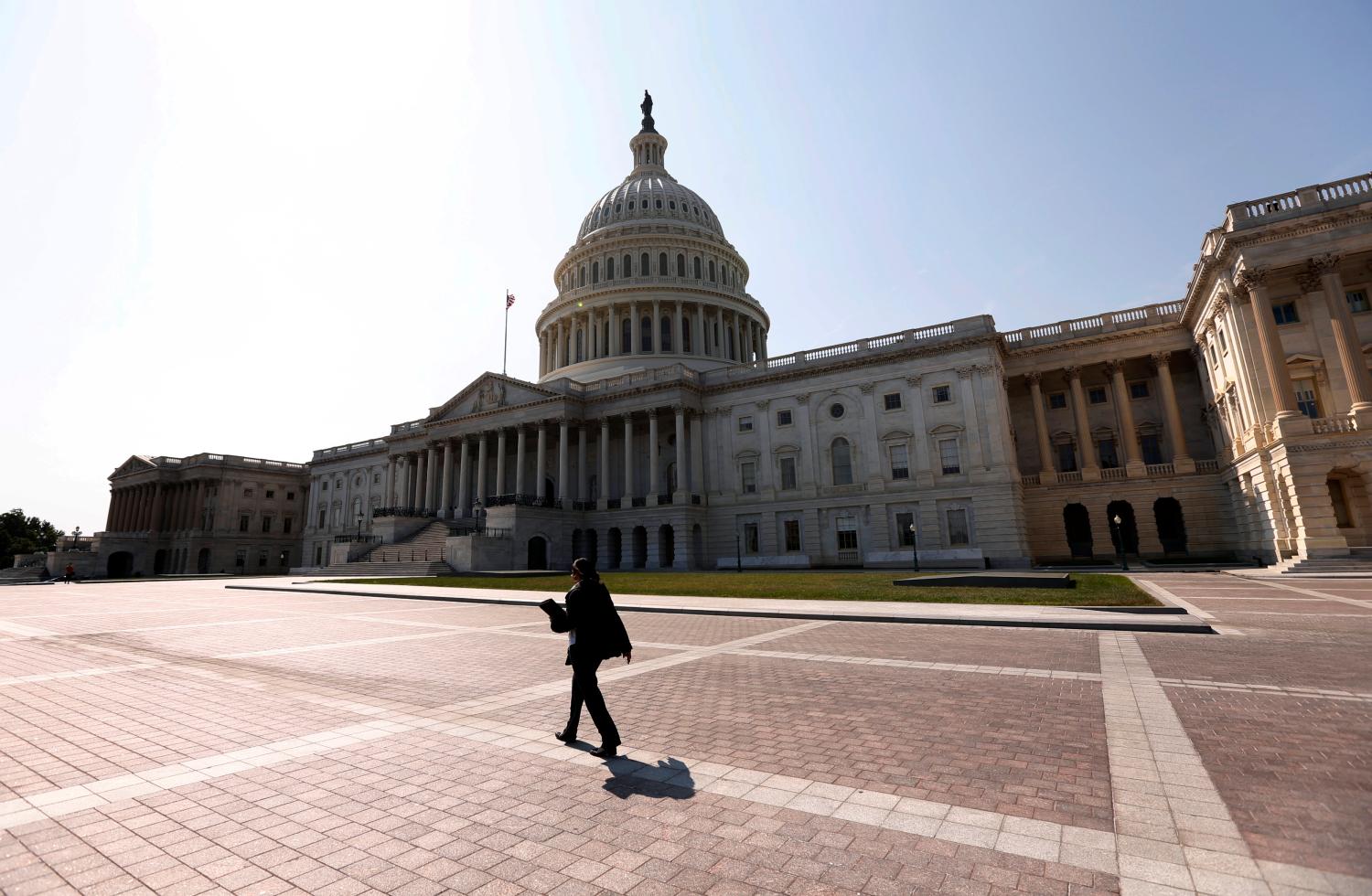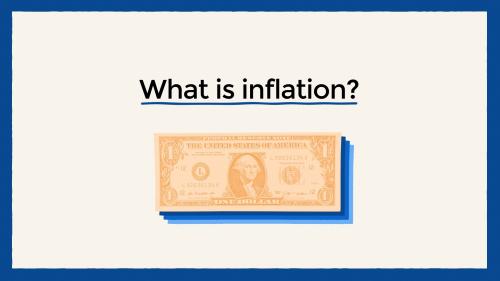This paper proposes a strategy for increasing the political feasibility of reforming the federal budget process. Widespread discontent with the process suggests that the time has come to reform it, but two perspectives from political science, rational institutionalism, and historical institutionalism, suggest that the barriers to reform are still high.
For advocates to overcome these barriers, they must describe how reforms will create results that politicians value. The reforms suggested in this report would increase the ability to establish strategic priorities and allocate resources towards those priorities, and that greater capacity would promote fiscal sustainability.
To make these reforms politically achievable, advocates should:
- Switch the focus from debt reduction to allocational budgeting.
- Aim for bipartisan agreements to achieve a stable, lasting process.
- Focus on “if-then” beneficial effects of reform rather than on the need to impose rules – on carrots rather than sticks.
- Develop frames that are intended to focus on shared goals of lawmakers from both parties, such as assuring them guaranteed influence over the power of the purse and the prospect of a “fair fight” over the direction of the country.


